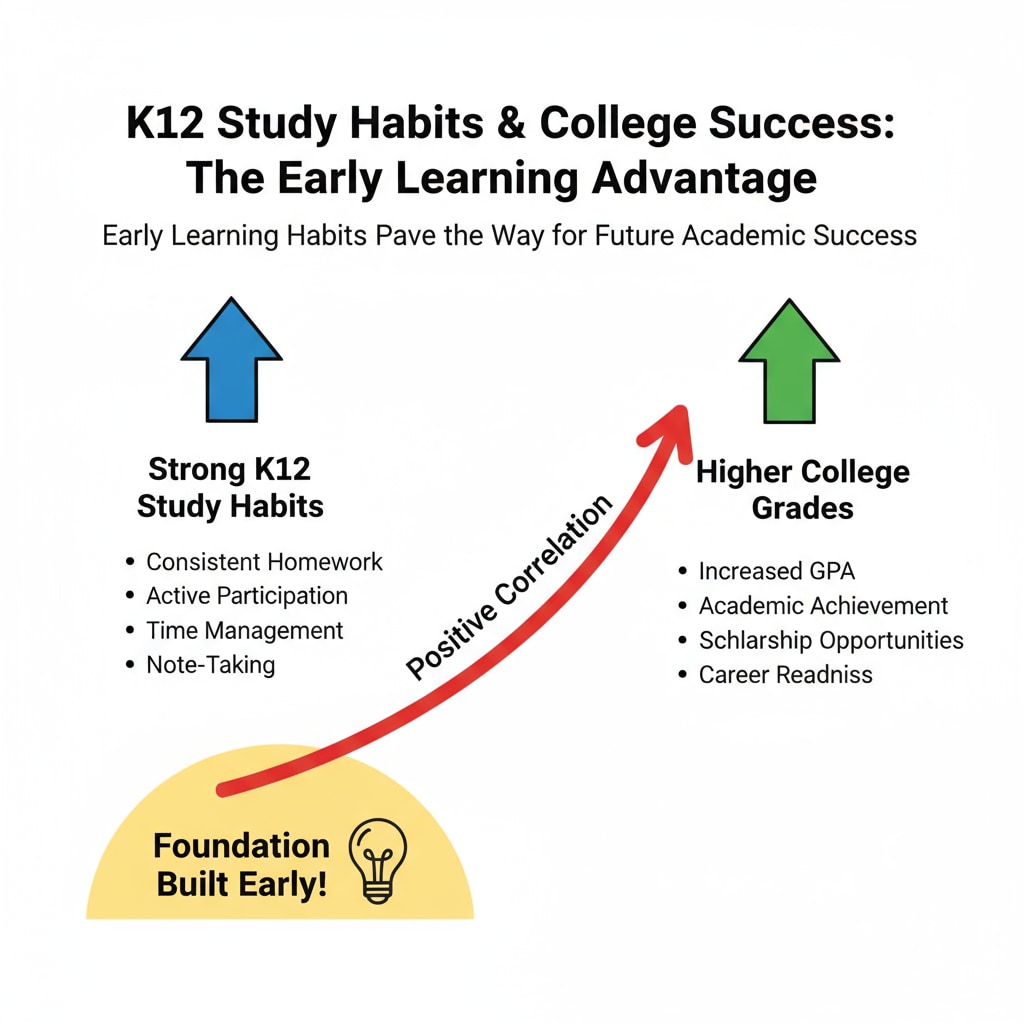Academic failure, reapplication, and academic exclusion can be disheartening experiences, but they don’t have to mark the end of your educational journey. In fact, they can be the catalysts for a more purposeful and successful return to university education.

The Impact of K12 on College Academic Performance
The habits and mindset cultivated during K12 education play a crucial role in how students fare in college. For example, if a student has developed poor study habits like procrastination or lack of organization in K12, they may find themselves struggling academically in college. According to Education.com, these early habits can set the tone for future academic performance. In addition, a negative mindset towards learning, such as believing one is not good at a subject, can also carry over and lead to academic challenges in college. Therefore, understanding the roots of academic failure often requires looking back at the K12 years.

Self-Reflection: The First Step to Overcoming Academic Setbacks
After experiencing academic failure or exclusion, self-reflection is essential. Take time to analyze what went wrong. Was it a lack of effort, ineffective study methods, or personal issues that distracted you? As Psychology Today states, self-reflection helps in identifying areas for improvement. For instance, you might realize that you were not allocating enough time for each subject or that you needed to seek more help from professors. This awareness is the foundation for making positive changes and preparing for a successful reapplication.
Once you have a clear understanding of the problems, you can start making systematic changes. This could involve creating a new study schedule, adopting more effective study techniques, or seeking support from academic advisors. For example, if you struggled with time management, you could create a daily schedule that allocates specific time slots for studying, attending classes, and taking breaks. In addition, joining study groups or seeking tutoring can enhance your learning experience. These changes will not only improve your academic performance but also increase your chances of a successful reapplication.
Finally, don’t be afraid to seek help. There are many resources available for students who have faced academic failure or exclusion. Reach out to your college’s counseling services, academic advisors, or even fellow students who have overcome similar challenges. They can provide valuable advice, support, and encouragement. For example, a counselor can help you deal with the emotional stress associated with academic setbacks, while an academic advisor can guide you through the reapplication process. Remember, asking for help is a sign of strength, not weakness.
Readability guidance: By following these steps – understanding the impact of K12, self-reflecting, making systematic changes, and seeking help – you can turn academic failure, reapplication, and academic exclusion into opportunities for growth and success. With determination and the right strategies, you can embark on a new and fulfilling educational journey.


